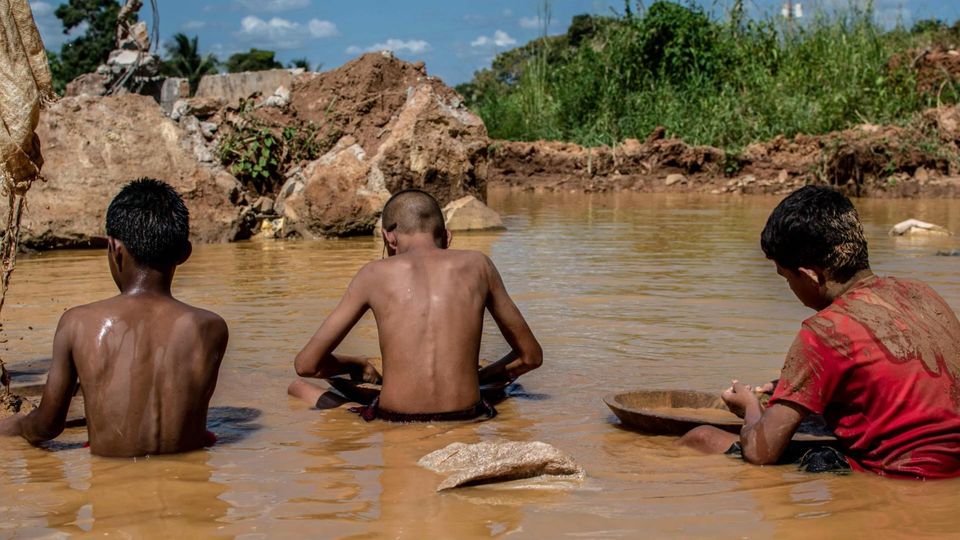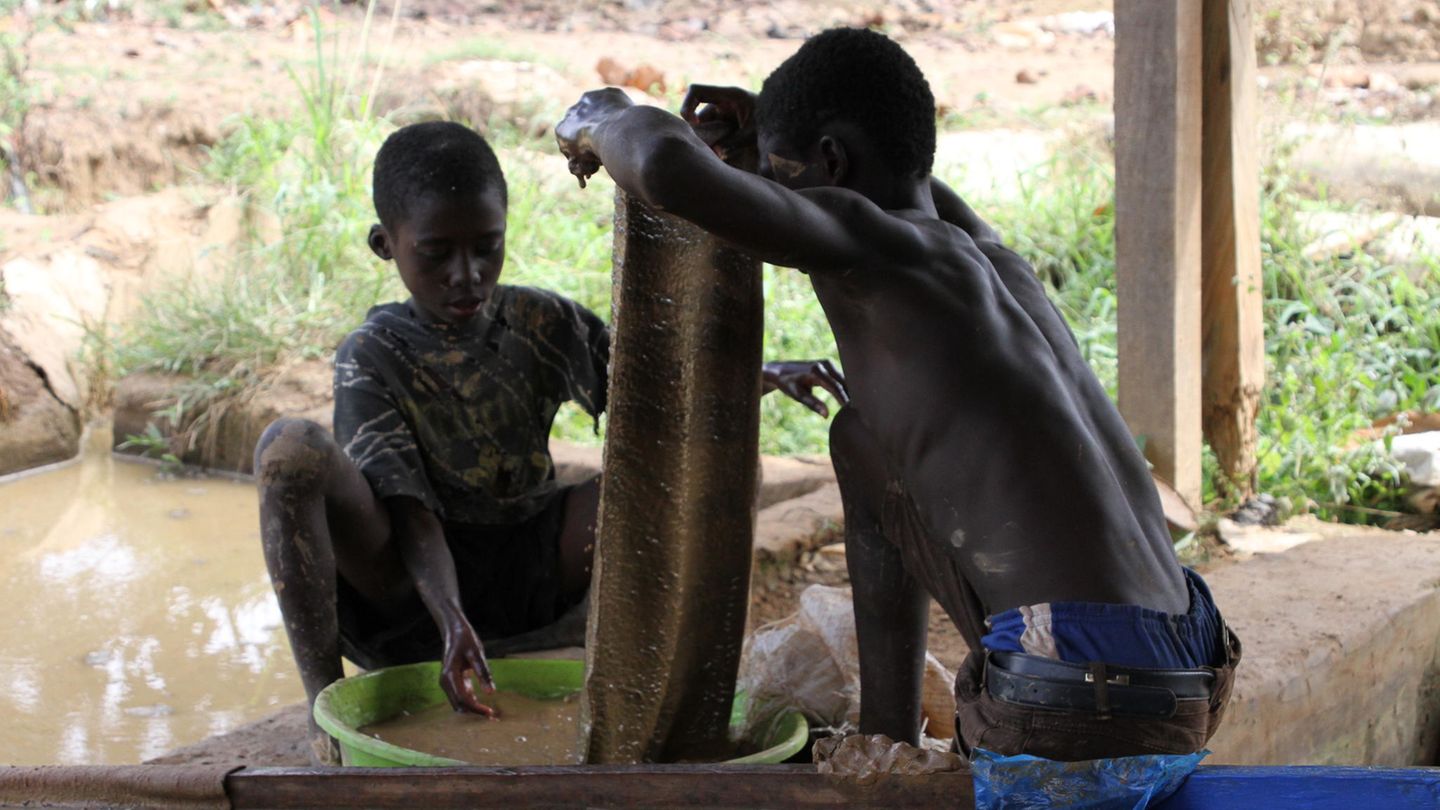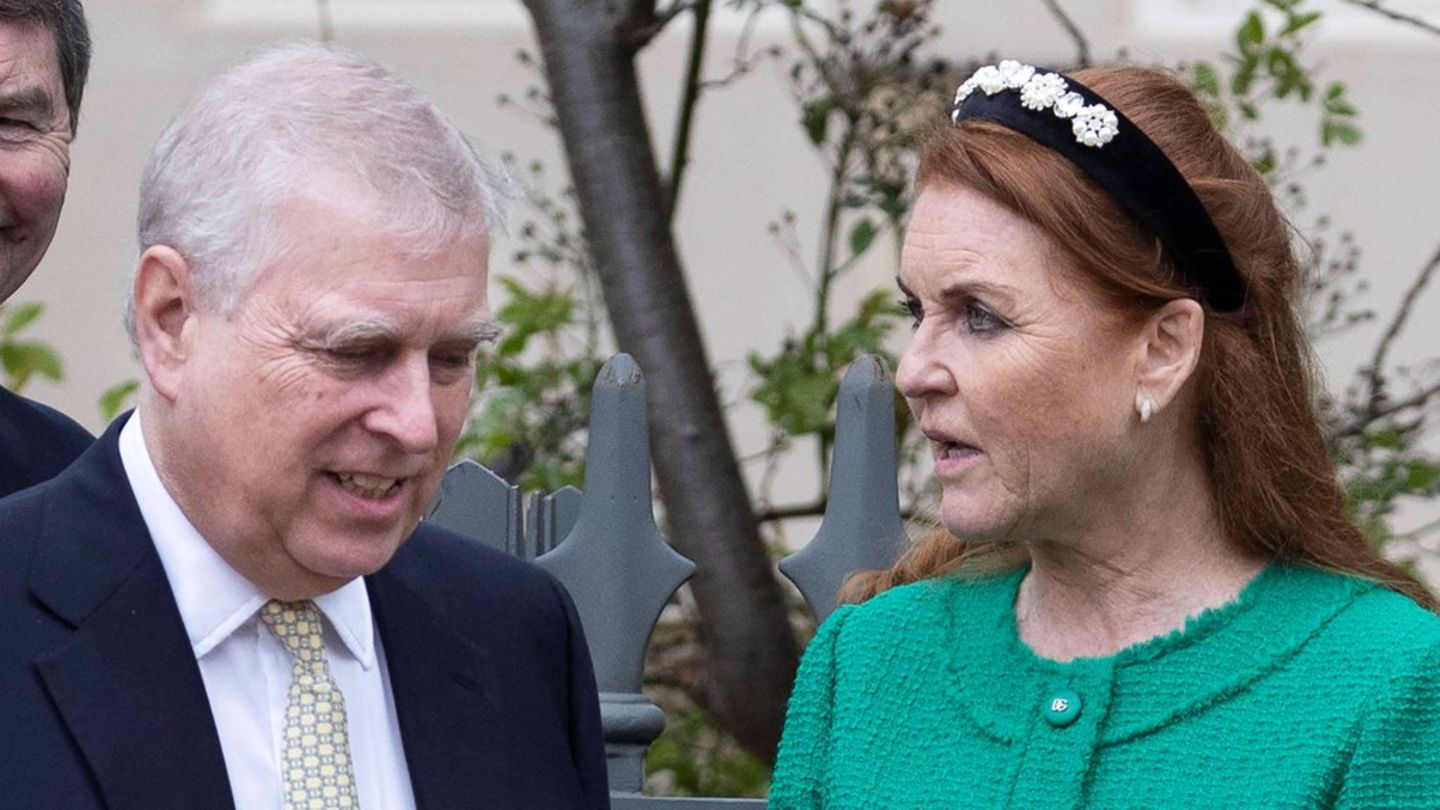The European supply chain law is intended to hold large companies accountable if they profit from child or forced labor outside the EU. Now the project is threatened with extinction.
The European supply chain law is in jeopardy: Germany will not agree to the draft that was actually negotiated on Friday in Brussels because the FDP is blocking a common position from the federal government. A majority of EU countries are no longer safe. The law is intended to make companies across Europe responsible for child labor, exploitation and environmental pollution in the production of their goods.
Who should the law apply to?
The law would cover companies based in the EU and their parent companies with at least 500 employees and annual sales of at least 150 million euros worldwide. The same should apply to companies that do not have their headquarters in one of the Member States but generate an equally high turnover in the EU.
Smaller companies with at least 250 employees and a turnover of 40 million euros would have to comply with the regulations if at least 20 million euros of this are generated in the textile industry, agriculture and food production or the extraction and processing of mineral raw materials.
What would companies have to do?
Under the law, companies would in future be obliged to identify negative impacts of their activities on human rights and the environment. According to the text of the law, they must “prevent, mitigate, end and remedy” possible consequences. They would also have to monitor compliance with environmental and social standards at their partner companies in the value chain. These include suppliers, sales partners, transport companies, storage service providers and waste management.
What penalties would companies face?
If the supply chain law is passed, companies would face penalties of up to five percent of their global sales for violations. National authorities should be responsible for monitoring and investigations, coordinated by the EU Commission. Victims of human rights violations or environmental pollution should have the right to compensation.
exploitation
This photographer ended the misery of child labor in the USA
Companies that comply with the supply chain law would also have an advantage in public tenders in the EU. This is intended as an additional incentive.
What criticism is there?
The Federal Association of German Industry (BDI) warns of “great legal uncertainty” and “excessive bureaucracy”. According to business associations, the law could lead to companies diversifying their value chains less widely in different countries and thus increasing their dependence on individual states.

Federal Justice Minister Marco Buschmann (FDP) stated that the law in its current form was “unreasonable for small and medium-sized companies”. In the FDP’s view, the negotiators of the Council of Member States exceeded their mandate in the negotiations with the European Parliament and made too many compromises. The FDP is therefore blocking the federal government’s approval of the law.
Why could the law be overturned?
The negotiators from the EU countries and the European Parliament agreed on the draft in December. Both sides still have to agree to this agreement. As a rule, this is considered a formality. A so-called qualified majority is required among the EU states: 15 member states must agree, which in total make up at least 65 percent of the EU population.
The federal government had enshrined in the coalition agreement that it would work for a European regulation. However, because of the FDP’s blockade, Germany has to abstain from Brussels. According to diplomats, Italy and other EU countries, among others, could also take a position against the law in the vote scheduled for this Friday. A majority in the Council of Member States is therefore no longer guaranteed.
What applies in Germany?
A supply chain law has been in force in Germany since the beginning of the year, which requires companies to ensure compliance with international standards on human rights and the environment along their own supply chain. Specifically, it is about child labor and exploitation. The law applies to companies with more than 1,000 employees in Germany.
According to the law, companies must carry out risk analyzes in their own business areas and with their direct suppliers and take preventative and remedial measures. They must also report on human rights violations and set up complaint channels.
Source: Stern




